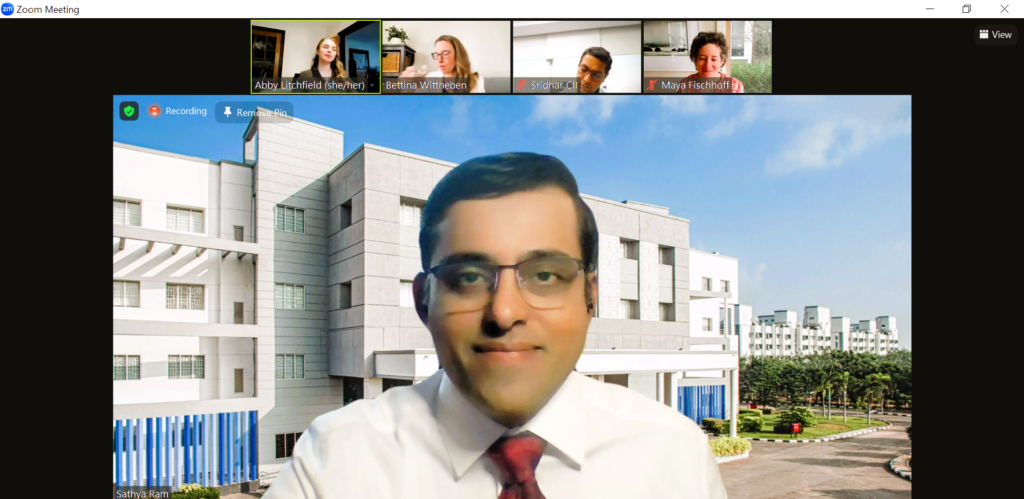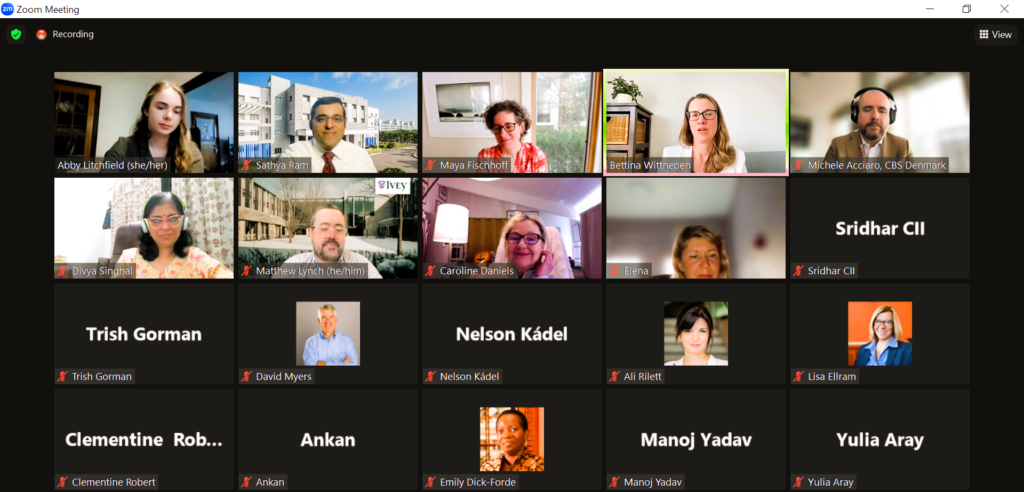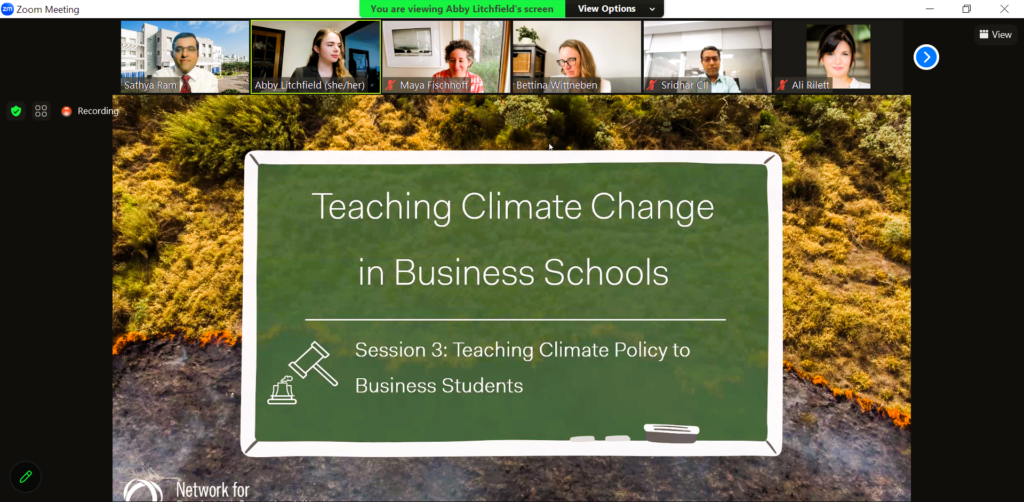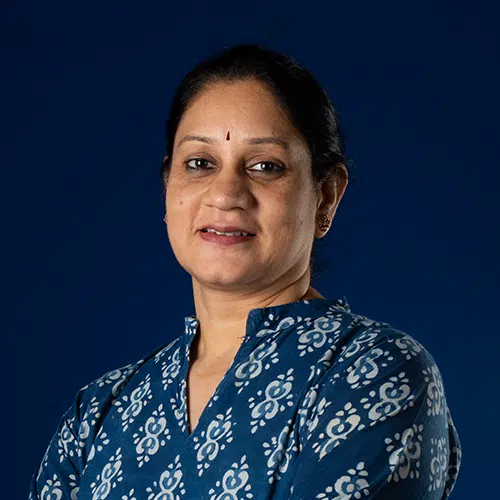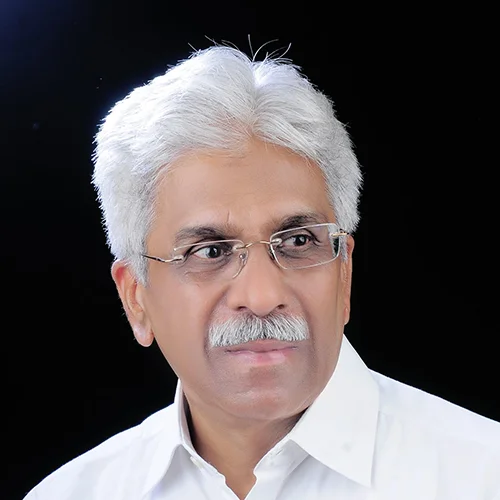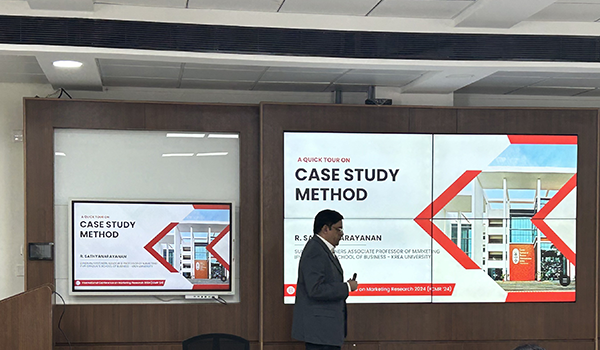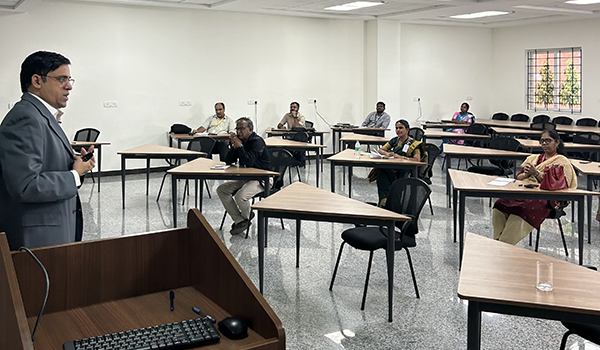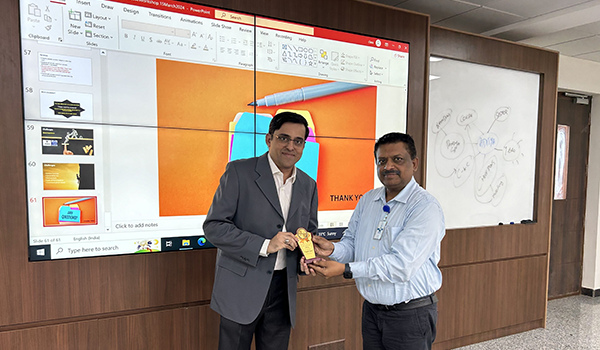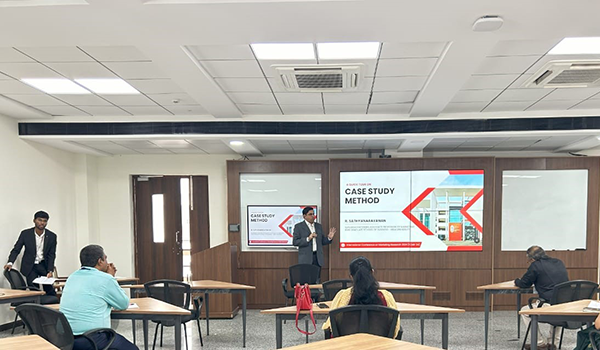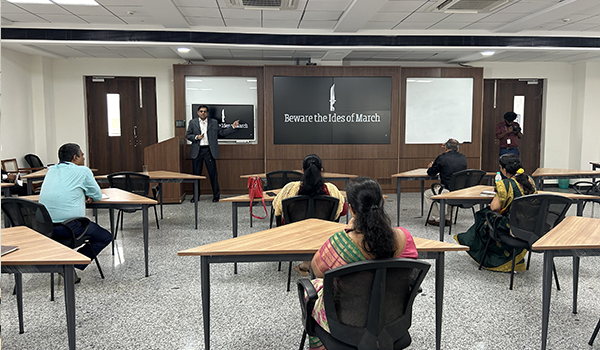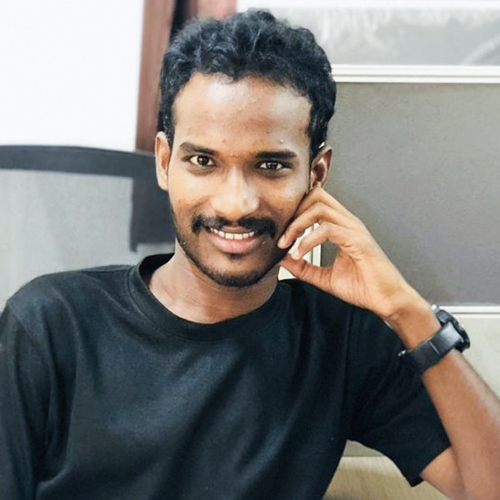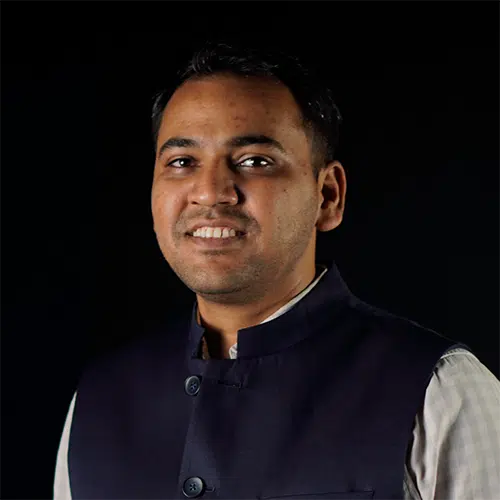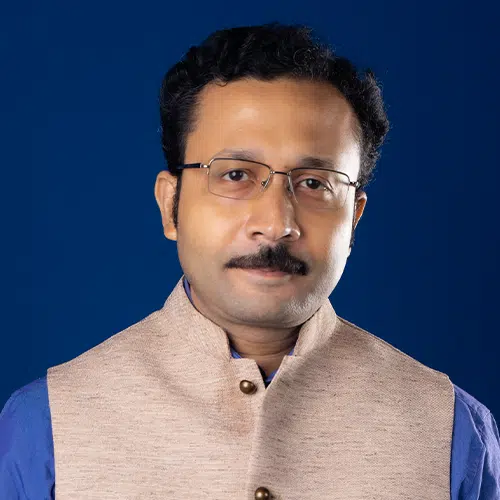India’s business landscape is undergoing an exciting metamorphosis as it accelerates towards becoming an economic superpower. New frontiers like AI, data analytics, and green tech are blurring traditional boundaries, giving rise to exciting opportunities for business graduates. Aspiring business mavens need to be equipped with the right knowledge and skills to navigate this dynamic terrain. This is where top-ranked business schools in India play a pivotal role.
Overview of Business Education in India
India boasts a robust and diverse business education landscape, catering to aspiring entrepreneurs, corporate leaders, and management professionals. With over 5,000 business schools offering a plethora of programs – BBA, MBA, PGDM, PhDs, and specialised executive programs – India equips its graduates with the knowledge and skills for a successful career in the dynamic world of business. Choosing the right institution is crucial, not just for academic rigour but also for industry connections, placements, and alumni networks.
Types of Programs
Bachelor of Business Administration (BBA): A 3-year undergraduate program laying the foundation for business acumen, core management principles, and analytical skills.
Master of Business Administration (MBA): A 2-year postgraduate program, often considered the gold standard, refining your knowledge of functions like finance, marketing, human resources, or entrepreneurship.
Post Graduate Diploma in Management (PGDM): Similar to an MBA but offered by autonomous institutes, often with a practical and industry-oriented approach.
PhD in Business Administration: Focuses on academic research and advanced analysis, preparing individuals for careers in academia or research institutions.
Key Trends
Emerging Issues: Business education is adapting to keep pace with the evolving landscape. Emphasis is shifting towards digital technologies like AI, big data, and e-commerce, along with sustainability and ethical business practices.
Globalisation: International collaborations and exchange programs are increasingly common, exposing students to diverse perspectives and global best practices.
Entrepreneurship: Fostering entrepreneurial spirit is becoming a priority, with many schools offering incubators and mentorship programs to guide aspiring entrepreneurs.
Skill-based Learning: Practical skills and industry exposure are gaining importance, with case studies, simulations, and internships becoming integral parts of the curriculum.
Challenges and Opportunities
Access and Quality: While the number of business schools is vast, the quality varies. Ensuring consistent quality and making education accessible to all remain significant challenges.
Faculty Resources: Attracting and retaining qualified faculty with industry experience is crucial for delivering high-quality education.
Placement and Employability: Bridging the gap between academic qualifications and industry expectations is essential for improving graduate employability.
5 Criteria that Influence Ranking in Business Schools
Several factors contribute to becoming a top-ranked business school in India. Some of them include –
- Faculty: Reputed faculty with industry experience ensure high-quality education and relevant insights.
- Admissions & Placements: A rigorous selection process and strong placement records indicate excellent career prospects.
- Curriculum: An updated curriculum embracing emerging trends equips students with future-ready skills.
- Infrastructure & Facilities: Modern facilities and access to cutting-edge resources enhance the learning experience.
- Industry Collaborations & Research: Strong industry partnerships and active research output expose students to real-world applications and cutting-edge knowledge.
BBA Programs: A Foundation for Future Leaders
A BBA program lays the groundwork for a successful business career. Top-ranked business schools in India offer rigorous, industry-oriented programs.
Integrated BBA and MBA Programs
Looking for a fast-track option? Several ranking business schools also offer integrated BBA-MBA programs, saving you time and resources.
PGDM – A Viable Alternative
Post Graduate Diploma in Management (PGDM) programs, offered by institutes like IIM Indore and Management Development Institute, Gurgaon, are recognised as equivalent to MBAs and provide excellent career prospects.
PhD in Business Administration: Researching the Future
For those passionate about academic research and pushing the boundaries of business knowledge, pursuing a PhD in Business Administration can be a rewarding path.
Application Process and Tips
- Standardized Tests: Prepare for exams like CAT, GMAT, or XAT required for admission to top-ranked programs.
- Academic Excellence: Maintain strong academic performance in your undergraduate studies.
- Work Experience: Relevant work experience can strengthen your application, especially for PGDM programs.
- Extracurricular Activities: Showcase your leadership skills and social responsibility through extracurricular activities.
- Essays and Interviews: Craft compelling essays and prepare well for interviews to demonstrate your motivation and aptitude.
Beyond Rankings: Choosing the Right Fit
While rankings provide valuable insights, remember, they are just one factor to consider. Choose a school that aligns with your career aspirations, offers specialisations you are interested in, and has a strong alumni network in your desired field.
Future-proofing your Career
Embracing emerging trends is crucial for long-term success. Top-ranked business schools in India are constantly adapting their curriculum to equip students with skills in:
- Artificial Intelligence and Machine Learning: Understanding AI applications in finance, marketing, and operations will be game-changing.
- Data Analytics and Business Intelligence: Interpreting data to drive informed decision-making is a vital skill in any industry.
- Digital Marketing and E-commerce: Mastering online marketing strategies is essential for success in the age of digital commerce.
- Sustainability and Corporate Social Responsibility: Understanding sustainable business practices and ethical values is increasingly important.
Future Outlook
Indian business education is poised for exciting times. With its strong fundamentals, evolving curriculum, and focus on emerging trends, it is well-positioned to prepare future leaders for the challenges and opportunities of a globalised and technology-driven world.
Conclusion
The Indian business landscape is ripe with opportunities for those prepared to seize them. Choosing a top-ranked business school in India can be your launchpad to a fulfilling and impactful career. By equipping yourself with future-proof skills, embracing emerging trends, and aligning your education with your passion, you can navigate the evolving business landscape with confidence. Remember, the right education is not just about acquiring knowledge; it’s about building resilience, adaptability, and a thirst for constant learning. So, take the first step today, research thoroughly, choose wisely, and embark on your exciting journey toward becoming a leader in the dynamic world of Indian business.
In the competitive landscape of business education in India, choosing the right school is a pivotal decision. This comprehensive guide aims to equip you with the knowledge and insights to make informed choices on your educational journey. Explore the options, discover the possibilities, and embark on a path that aligns with your aspirations for success in the dynamic world of business.
Don’t forget to check the school’s website for specific information about application deadlines, fees, and scholarship opportunities. Also, attending online information sessions and connecting with alumni can provide valuable insights into the school’s culture and fit.
IFMR Graduate School of Business (GSB) offers a two-year Post-Graduate Masters in Business Administration (MBA) degree under the auspices of Krea University. Their Interwoven Learning approach that combines theory with real life practices aids students into making a significant impact in the business world. 2024-26 Admissions Open. For more information, visit https://krea.edu.in/ifmrgsb/mba-admissions-2/

